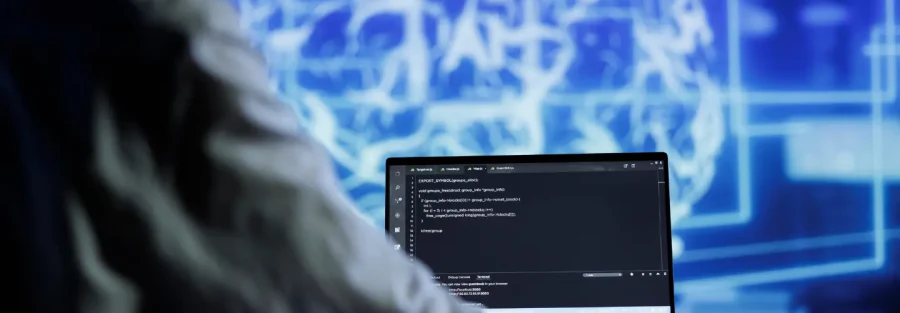Imagine a computer that’s smarter than every human on Earth. A machine that can think faster, learn better, and maybe even make decisions for us. Sounds like something out of a science fiction movie, right? Well, it might be closer than we think, and that’s exactly why hundreds of famous figures, from scientists to celebrities, are calling for it to stop.
Last week, more than 850 public figures, including Apple co-founder Steve Wozniak and Virgin Group founder Richard Branson, signed a statement demanding a ban on “superintelligence.” This term refers to a form of artificial intelligence (AI) that could surpass humans in nearly all mental tasks.
But what exactly are they afraid of?
The Rise of Superintelligence
In recent years, tech companies such as Meta, OpenAI, and xAI have been competing to develop more advanced AI systems. These systems can already write essays, compose songs, and even design new inventions. Meta has even named its AI division the “Meta Superintelligence Labs.”
Some experts believe that in just a few years, AI could become so advanced that it might begin to outthink and outplan its creators. That’s where the fear begins.
The statement, signed by scientists and world leaders, warns that superintelligence could bring massive risks, from people losing jobs and privacy to something even darker: the possible extinction of humanity.
A United Warning
This isn’t just a tech problem anymore. The statement brought together a diverse mix of people, including politicians, military leaders, royal family members, and religious figures.
Among them were Prince Harry and Meghan, Duchess of Sussex, former U.S. military leader Mike Mullen, and former National Security Advisor Susan Rice. Even people known for very different political views, like Steve Bannon and Glenn Beck, agreed to sign.
When a wide range of people unite behind a single message, it makes the world stop and listen.
Why the Sudden Panic?
The warning didn’t come out of nowhere. Experts like Yoshua Bengio and Geoff Hinton, known as the “godfathers of AI,” have been studying artificial intelligence for decades. They believe we’re entering dangerous territory.
Bengio explained that in only a few years, AI could outperform humans in most thinking tasks. While that might sound helpful, imagine computers solving climate change or finding new cures for diseases; there’s a catch.
He said, “To safely advance toward superintelligence, we must scientifically determine how to design AI systems that are fundamentally incapable of harming people.”
In other words, we need to make sure that future AI can’t be misused or turn against us.
The Great Divide
The debate over AI has split the tech world into two camps. Some, often called “AI boomers,” believe we should charge ahead. They argue that smarter AI could make life easier, boost economies, and solve global problems.
Others, nicknamed “AI doomers,” believe that rushing forward could destroy everything we’ve built. They want strict rules and global agreements before we go any further.
Even leaders who helped create today’s AI tools are worried. Elon Musk recently said there’s “only a 20% chance of annihilation” if AI becomes too powerful, not exactly comforting odds. And OpenAI’s CEO, Sam Altman, once wrote that creating superhuman AI “might be the greatest threat to humanity.”
What Do Regular People Think?
A recent survey by the Future of Life Institute found that only 5% of Americans want AI to keep developing as fast as it is now. Most people think superintelligence should only be created if it’s proven safe and under control.
That’s a strong message: people want safety before speed.
The Road Ahead
The statement signed by Wozniak, Branson, Bengio, and hundreds of others calls for a ban on superintelligence development until we can be sure it’s safe and has public support. But enforcing such a ban could be nearly impossible.
After all, how do you stop a race that’s already started?
Governments might try to regulate it, but powerful companies around the world are competing to be first. The question isn’t just if someone will create a superintelligence, it’s when.
And when that day comes, will humanity still be in control?
A Future on the Edge
This global call for a ban might be the last warning before the AI race goes too far. Some see it as a chance to pause and think. Others fear it’s already too late.
As Bengio said, “We must make sure the public has a much stronger say in decisions that will shape our collective future.”
But time may be running out. In labs across the world, thousands of machines are already learning, growing, and evolving.
Could one of them be the first to outsmart us all?
Or… has it already happened?




